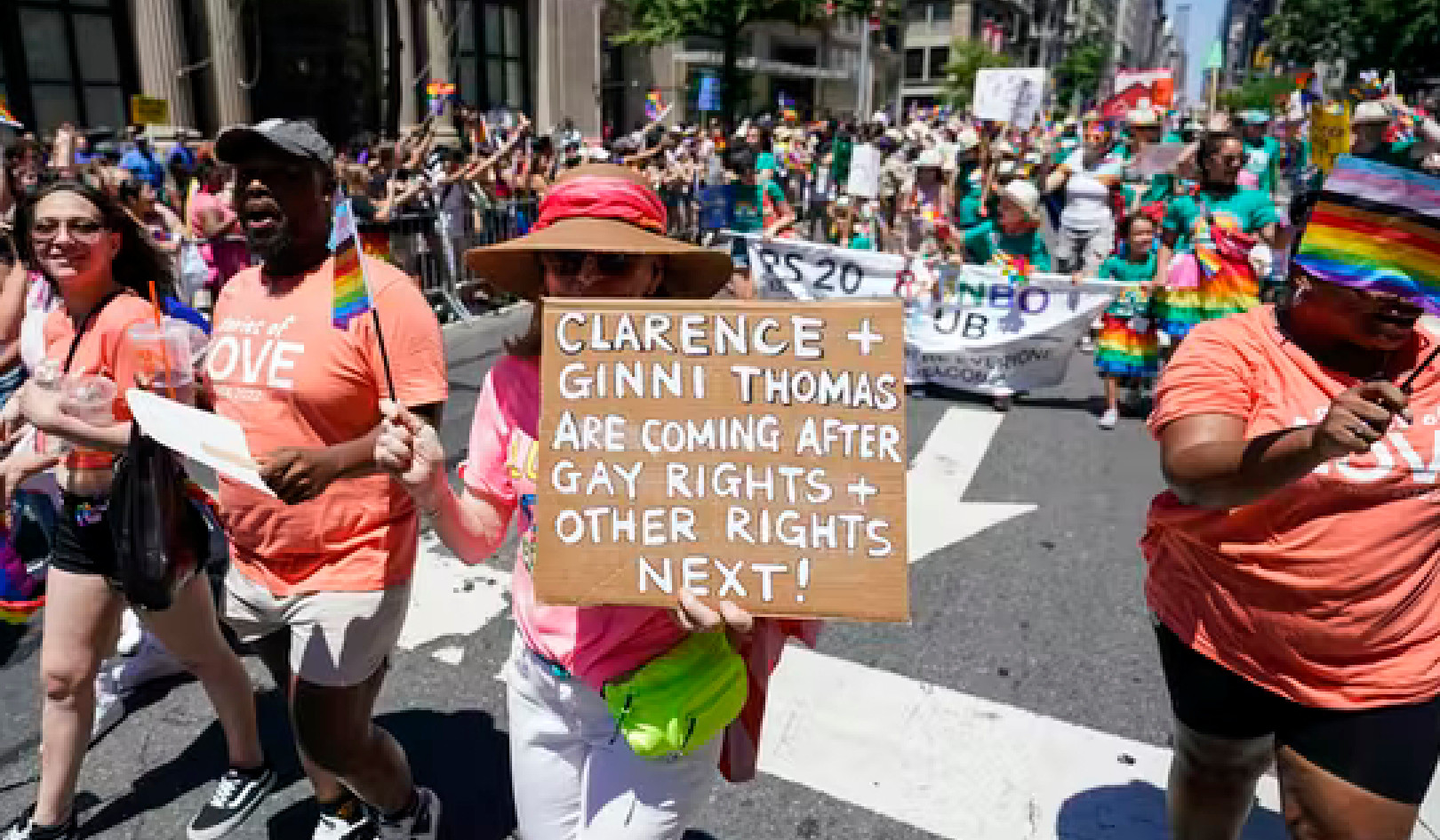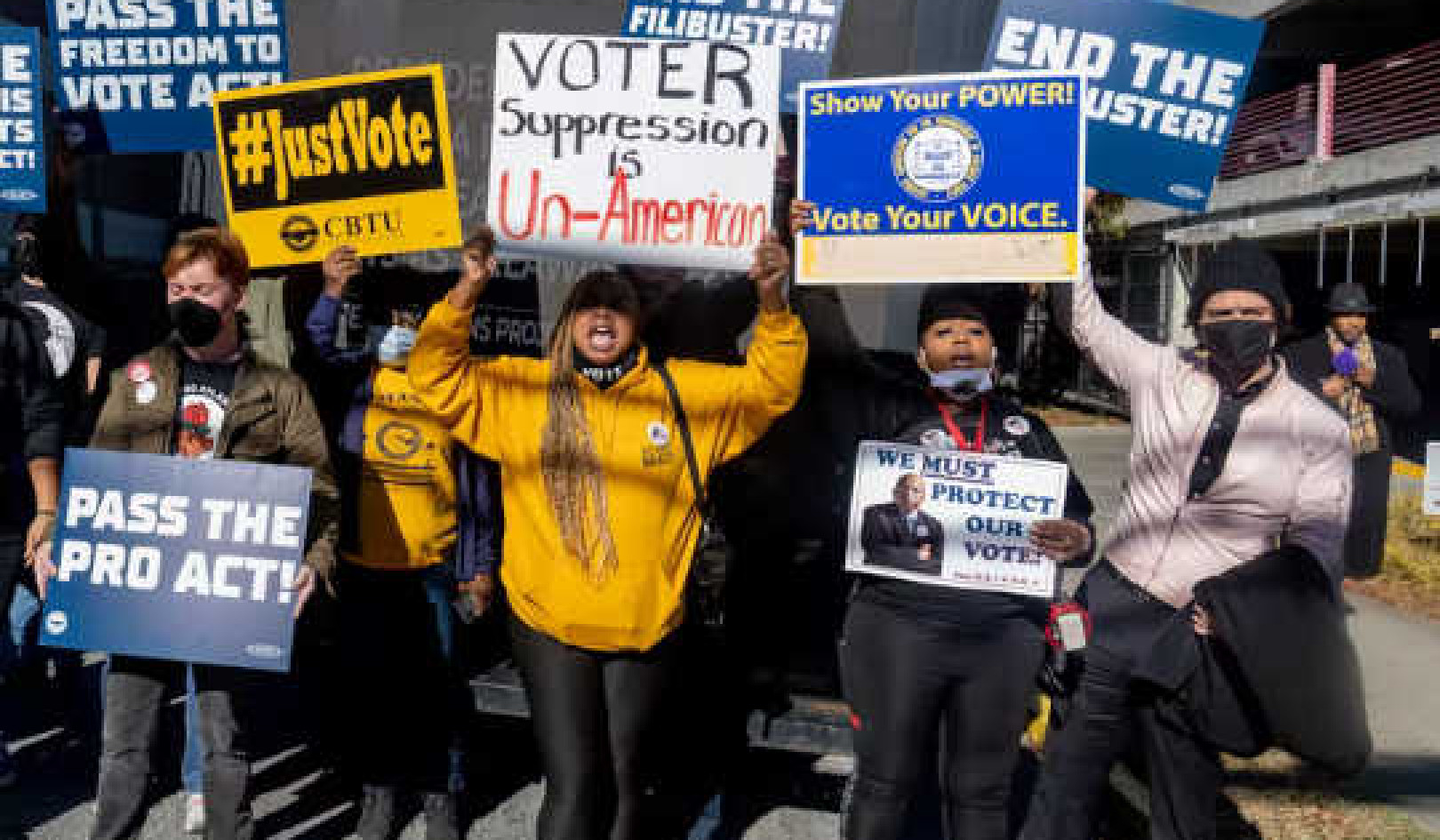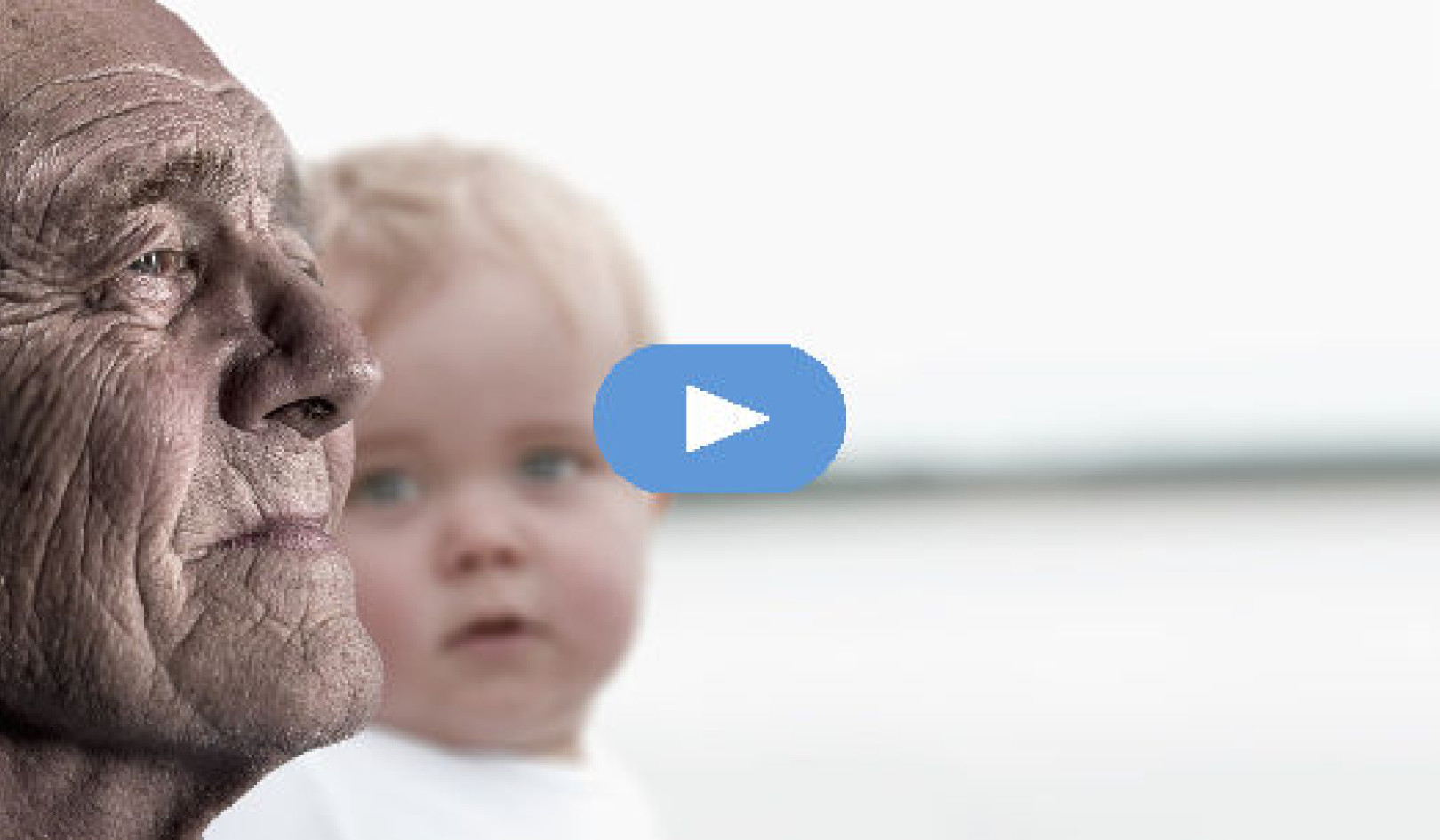
]People who win large amounts of money on lotteries tend to switch their political allegiances towards the right of the political spectrum and become less egalitarian, joint UK-Australian research has found.
The study, Does money make people right-wing and inegalitarian: a longitudinal study of lottery wins, was conducted by Nattavudh Powdthavee of the University of Melbourne and the London School of Economics and Andrew Oswald of the University of Warwick.
The pair based their conclusions on a long-term study of thousands of UK citizens who won up to £200,000 pounds in the lottery. The data is included in the British Household Panel Survey which, among many other things, keeps an annual record of the way in which people’s political attitudes have changed.
The survey follows the same representative sample of individuals over a period of years. It is household-based, interviewing every adult member of sampled households. Alongside voting intentions, a great deal of important information about those people is also recorded, including marital status (which enables researchers to screen information based on whether the respondent has been married over the previous 12 months) and employment status (whether respondents have started a new job, received a pay rise or become unemployed).
The survey notes the type of housing respondents have occupied over the previous 12 months, which allows researchers to make judgements based on a change of housing circumstances, and whether any major purchases have been made: furniture, whitegoods or electronics.
The questionnaire also asks about educational qualifications, which allows researchers to track how people’s political allegiances may change as they become more qualified (interestingly, people tend to move to the right after they get their A-levels, Professor Oswald says).
And the survey tracks changes in income, including one-off windfalls, such as lottery wins.
Money Makes It Right For People
The study provides 184,045 sets of data based on the responses of 27,966 people. Of these, in 89,218 observations (involving responses from 17,372 individuals) people stated support for either the Labour or the Conservative party. Screening for lottery winners in the year of their win provided 9,003 observations from 4,277 individuals who also recorded a preference for either the Labour or the Conservative party. The vast majority of these (more than 95%) were wins of less than £500.
The study suggests that, while 38% of people in the UK vote “right” (for conservative parties), some 41% of those who have had a lottery win vote “right” and 45% of those who have had a win of more than £500 pounds say they vote “right”. When it comes to switching allegiances, 13% of non-winners said they had switched “right” during any given year while 18% of those who had won more than £500 said they had switched “right”.
This effect was far more pronounced in men than in women. The reason for this is not clear, except that men tended to win more than women and also played the lottery more than women.
The researchers note the findings are consistent with a broader conclusion that “An increase in a person’s overall household income … is associated with a rise in their belief in the justice of the current wealth distribution in society.”
“Data suggests that, very broadly, richer people tend to be more right-wing and poorer people tend to support the Labour party,” Oswald said. “Most of us hardly change our views – although ageing is associated with becoming more conservative, there is that tendency.”
“But a lottery win is a stand-out factor in what makes people change their views. It has two effects: it makes people more likely to change their allegiance from Labour to Conservative and their support tends to change within their party allegiance.”
Professor Powdthavee said the larger the win, the more people were tempted to vote for a conservative party. “Humans are creatures of flexible ethics,” he said. “So while we’re not sure exactly what goes on inside people’s brains it seems having money causes people to favour conservative, right-wing ideas. Our study provides empirical evidence that voting choices are made out of self-interest.”
Oswald said the project had made him doubt the view that morality was an objective choice. “In the voting booth, monetary self-interest casts a long shadow, despite people’s protestations that there are intellectual reasons for voting for low tax rates.”
Robert Ford, who has studied voting behaviour as lecturer in politics at the University of Manchester said it was a “very clever idea”.
“It gets around all sorts of problems with the idea that people vote in a certain way because of the amount of money they have – which can be dependent on a lot of other factors such as who their parents are, what their job is – which might push their vote in a certain direction.
“But people randomly getting an amount of money allows the researchers to isolate that factor and interrogate the data more simply."
He added that while it suggested that self-interest plays a part in people’s voting behaviour “it would be gong a bit far to say that people always vote self-interest, because clearly they don’t.”
“And it’s an exceptional circumstance because most people don’t get their money via a lottery win. In some ways it reminds me of the experience of the Beatles or Adele, who were very working class but once they came quite quickly into large amounts of money started to feel differently about all sorts of things."
The study didn’t involve any individuals who hit the jackpot, winning vast amounts. But Oswald is hopeful they’ll reach some. “We’d certainly love to be able to track the views of the rare giant winners, if any lottery company would like to work with our research team.”
This article was originally published on The Conversation.
About the Author
 Jonathan Este spent 20 years as a reporter, columnist and editor on The Independent as well as The Australian. He joins The Conversation from the Media Alliance in Australia where he specialised in media law and policy and the digital revolution in journalism.
Jonathan Este spent 20 years as a reporter, columnist and editor on The Independent as well as The Australian. He joins The Conversation from the Media Alliance in Australia where he specialised in media law and policy and the digital revolution in journalism.
Recommended book:
Beyond Outrage: What has gone wrong with our economy and our democracy, and how to fix it -- by Robert B. Reich
 In this timely book, Robert B. Reich argues that nothing good happens in Washington unless citizens are energized and organized to make sure Washington acts in the public good. The first step is to see the big picture. Beyond Outrage connects the dots, showing why the increasing share of income and wealth going to the top has hobbled jobs and growth for everyone else, undermining our democracy; caused Americans to become increasingly cynical about public life; and turned many Americans against one another. He also explains why the proposals of the “regressive right” are dead wrong and provides a clear roadmap of what must be done instead. Here’s a plan for action for everyone who cares about the future of America.
In this timely book, Robert B. Reich argues that nothing good happens in Washington unless citizens are energized and organized to make sure Washington acts in the public good. The first step is to see the big picture. Beyond Outrage connects the dots, showing why the increasing share of income and wealth going to the top has hobbled jobs and growth for everyone else, undermining our democracy; caused Americans to become increasingly cynical about public life; and turned many Americans against one another. He also explains why the proposals of the “regressive right” are dead wrong and provides a clear roadmap of what must be done instead. Here’s a plan for action for everyone who cares about the future of America.
Click here for more info or to order this book on Amazon.
























